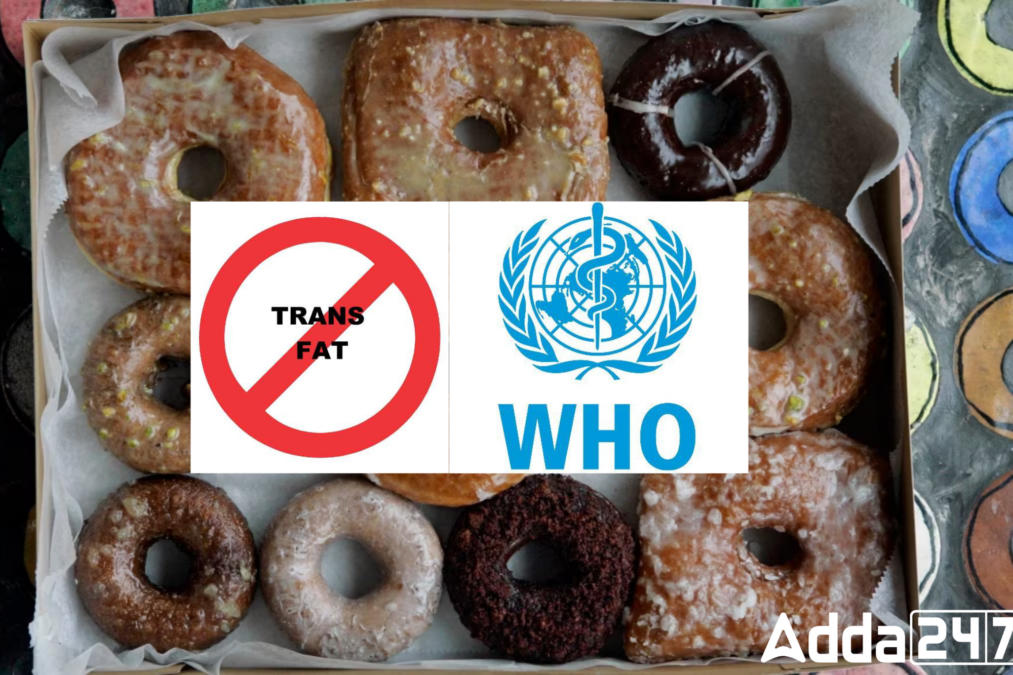In a significant milestone, the World Health Organization (WHO) has issued its first-ever certificates acknowledging advancements in eliminating trans fatty acids (TFA), both industrially produced and naturally occurring. Five countries—Denmark, Lithuania, Poland, Saudi Arabia, and Thailand—have been commended for their pioneering efforts in demonstrating effective policies and robust monitoring and enforcement mechanisms in their TFA elimination strategies.
Progress Through WHO’s Global Initiative
Despite the challenges, WHO’s global initiative to eliminate TFA has shown remarkable progress. While the ambitious target set in 2018 to fully eradicate TFA from the global food supply by the end of 2023 was not met, significant strides have been made globally. The results from the first five years of WHO’s initiative highlight substantial advancements towards this goal.
Understanding Trans Fatty Acids
Trans fatty acids (TFA) pose significant health risks, including increased vulnerability to heart attacks and heart disease-related mortality. TFA, found in both industrially produced and naturally occurring forms, offer no known health benefits and are often present in processed foods, such as fried items, cakes, and ready meals.
Global Impact of WHO’s Initiative
Currently, 53 countries have enacted best-practice policies to combat TFA in food, vastly enhancing food safety for 3.7 billion people worldwide. These proactive measures represent a substantial improvement from just 5 years ago and are projected to save approximately 183,000 lives annually.
WHO’s Call to Action
Dr. Tedros Adhanom Ghebreyesus, WHO Director-General, emphasized the urgent need for countries to implement and enforce TFA elimination policies effectively. While congratulating the pioneering countries, he urged other nations to follow suit, stressing the importance of not only introducing but also rigorously implementing these policies.
Maximizing Impact Through Rigorous Monitoring
WHO’s validation program recognizes countries that go beyond mere policy introduction by ensuring rigorous monitoring and enforcement mechanisms. This emphasis on compliance is crucial for maximizing and sustaining the health benefits of TFA elimination.
Recommended Best Practices
WHO recommends two primary best-practice policy options for TFA elimination: mandating a national limit of 2 grams of TFA per 100 grams of total fat in all foods or imposing a national ban on the production or use of partially hydrogenated oils, a major source of TFA. Optimal programs may combine both policies based on specific national contexts.
Towards a Healthier Future
Despite significant strides, over half of the global population remains vulnerable to the adverse effects of TFA. Therefore, WHO proposes a revised target for virtual elimination of TFA globally by 2025, aiming for comprehensive policy adoption in countries representing at least 90% of the total global TFA burden.
Commitment to Support
As countries continue their efforts towards TFA elimination, WHO reaffirms its commitment to providing support and celebrating achievements. The forthcoming application cycle for the TFA elimination validation program underscores WHO’s ongoing dedication to this critical public health endeavor.
Important Questions Related to Exams
1. What organization recently recognized progress in eliminating trans fatty acids?
2. How many countries were awarded certificates for progress in eliminating TFA?
3. What is WHO’s proposed timeline for virtual elimination of TFA globally?
Kindly share your responses in the comment section!!



 UNESCO Expands World Network of Biospher...
UNESCO Expands World Network of Biospher...
 Pench Tiger Reserve Embraces AI for Enha...
Pench Tiger Reserve Embraces AI for Enha...
 Hemis Festival 2024: Celebrating Buddhis...
Hemis Festival 2024: Celebrating Buddhis...
